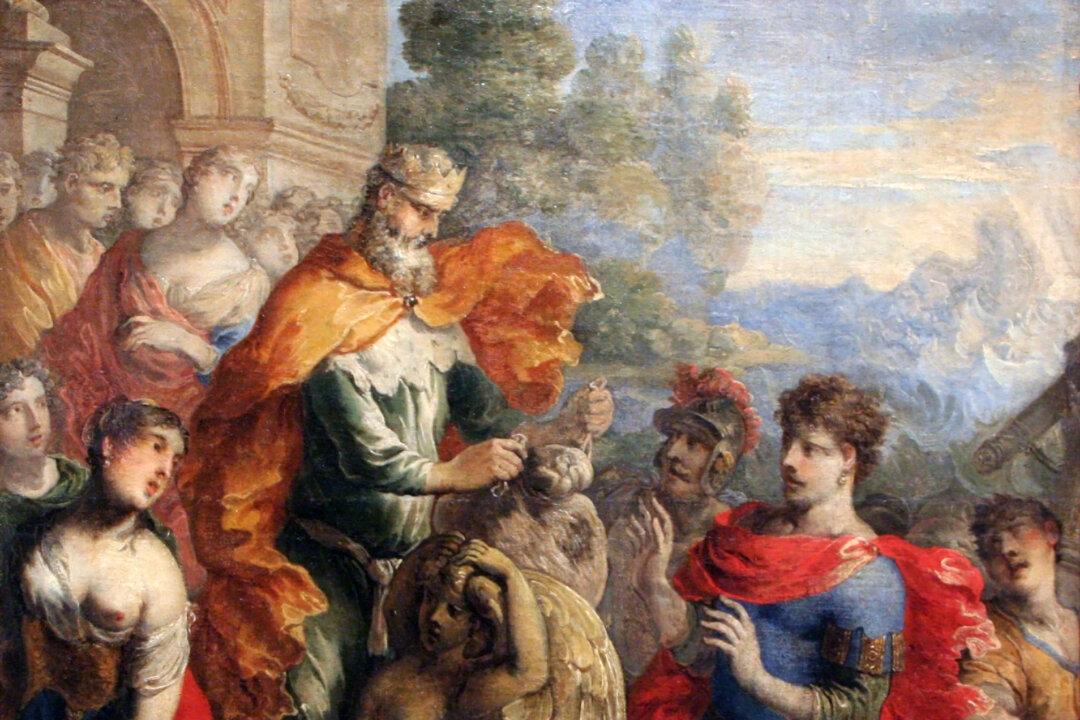Imagine a world of perpetual feasting and drinking, where one was above the ordinary and everyday cares of most human beings, and where one could contemplate and appreciate each new and interesting idea and snippet of information endlessly—a place where, indeed, the powerful winds of great ideas were likely to propel you to success wherever you desired to go. Such is the place called Aeolia, where Odysseus and his crew land next. How different from the land of the Cyclops!
We noticed in Parts 2 and 3 of this series, how Odysseus, in trying to return to Ithaca to be with his wife (a journey to find his own soul), encountered two very different types of personality challenges or disorders: the deadly sin of Sloth, as represented by the Lotus-Eaters, and the deadly sin of Lust (for power), as exemplified by the Cyclops.






